When planning your business event, optimize spending for success. Establish clear financial parameters and create a detailed budget spreadsheet. Research venues, negotiate pricing, and emphasize your event’s value. Time flexibility can lead to better rates. Develop a detailed timeline, consolidate vendor contracts, and engage local suppliers. Utilize technology tools like event management software and social media for efficiencies. Choose creative catering options like food stations and signature drinks to save. Look for group discounts and negotiate with suppliers for cost savings. Finally, assess expenses post-event to enhance future cost-effectiveness. Save money smartly for a memorable event experience.

Budgeting Basics: Setting Financial Parameters
When planning your business event, begin by establishing clear financial parameters to guide your budgeting process effectively. Setting a budget is crucial to ensure that your event is both successful and cost-effective. Start by outlining all potential expenses, including venue rental, catering, decorations, entertainment, and marketing. Consider creating a detailed spreadsheet to track these costs and monitor your spending throughout the planning process.
To establish financial parameters, determine the total amount you’re willing to allocate for the event. Break down this overall budget into specific categories to allocate funds accordingly. Be realistic about your financial limitations and prioritize expenses based on their importance to the event’s overall success. Remember to factor in unexpected costs or emergencies by setting aside a contingency fund.
Negotiating Venue Costs: Maximizing Value
To maximize the value of your business event, it’s essential to negotiate venue costs strategically and effectively. When looking for a venue, consider factors like location, capacity, and amenities to ensure it aligns with your event’s needs. Start by researching multiple venues to have options for negotiation. Contact the venues directly and inquire about their pricing packages, mentioning your requirements and budget constraints. Be open to discussing potential discounts or added perks to make the deal more appealing.
During negotiations, emphasize the value your event will bring to the venue, such as exposure and potential for future collaborations. Ask for a breakdown of costs to understand where there may be room for adjustments. Flexibility with dates can also work in your favor, as some venues offer better rates on certain days or seasons. Remember, the goal is to secure a mutually beneficial agreement that fits your budget while providing a quality venue for your business event.
Streamlining Logistics: Efficient Planning for Savings
Efficiently streamline the logistics of your business event planning to maximize savings and ensure smooth execution. Start by creating a detailed timeline outlining key milestones and deadlines. This will help you stay organized and avoid last-minute rush fees.
Consolidate your vendor contracts to leverage discounts and simplify communication. Opt for local suppliers to reduce transportation costs and support the community. Consider bundling services with one provider for a cost-effective solution.
Utilize technology to track expenses, manage RSVPs, and communicate with attendees efficiently. Implement a centralized system for registration and check-in to streamline operations on the day of the event. Collaborate with sponsors or partners to share resources and split costs.
Keep a contingency budget for unexpected expenses to prevent overspending. Regularly review and adjust your budget as needed throughout the planning process. By optimizing logistics, you can save money without compromising the quality of your business event.
Leveraging Technology: Cost-Effective Tools and Resources
Leveraging cost-effective technology tools and resources can significantly enhance the efficiency and effectiveness of your business event planning process. Utilizing event management software can help streamline tasks such as guest registration, ticket sales, and communication. These tools often offer automated features that save time and reduce the risk of errors.
Virtual event platforms enable you to host online events, cutting down on venue costs and allowing for a larger reach. Additionally, social media platforms are powerful tools for promoting your event at a low cost. They offer targeted advertising options, engagement with potential attendees, and a platform for sharing updates and information.
Email marketing tools can also be cost-effective for reaching out to your audience and providing event details. By incorporating these technological resources into your planning process, you can achieve a more efficient and budget-friendly business event while still engaging your attendees effectively.
Creative Catering Solutions: Affordable Dining Options
Implementing innovative culinary concepts can offer cost-effective dining solutions for your business event. When planning your event, consider unique catering options that not only fit your budget but also add a special touch to the dining experience. One creative idea is to opt for food stations or buffets instead of plated meals. This allows guests to choose what they want to eat and can reduce overall costs. Another option is to explore local vendors or food trucks that offer delicious yet affordable menu items. By supporting local businesses, you can showcase regional cuisine while staying within your budget.
Moreover, you can consider serving heavy hors d’oeuvres or appetizers instead of a full sit-down meal. This approach can be more budget-friendly while still providing guests with a variety of tasty options. Additionally, offering a signature drink or two instead of a full bar can cut down on beverage costs. By thinking creatively about your catering choices, you can provide a memorable dining experience for your attendees without breaking the bank.
DIY Decor and Design: Crafting on a Budget
To create an inviting atmosphere while staying within your budget, consider utilizing do-it-yourself decorations and design elements for your business event. DIY decor can’t only add a personal touch to your event but also help in saving money. Start by brainstorming a theme that aligns with your event goals and brand image. Look for inspiration online and in magazines to gather ideas for decorations that you can create yourself.
When it comes to crafting on a budget, repurposing items can be a cost-effective way to decorate. Consider using materials you already have or visit thrift stores and discount shops for affordable supplies. Get creative with centerpieces, signage, and table settings to enhance the overall ambiance of your event without breaking the bank. Additionally, involving your team or colleagues in the crafting process can be a fun team-building activity that fosters a sense of camaraderie.
Strategic Sponsorship: Partnering for Financial Support
Consider exploring strategic sponsorship opportunities to secure financial support for your business event. Strategic partnerships with companies or organizations can provide you with the funding needed to make your event a success while also offering exposure to a wider audience.
When seeking sponsors, look for businesses that align with your event’s theme or target demographic to ensure a mutually beneficial relationship.
To attract sponsors, create a compelling sponsorship package outlining the benefits they’ll receive in exchange for their financial support. This could include logo placement on event materials, speaking opportunities, or product showcasing. Be prepared to negotiate and tailor your proposals to fit each potential sponsor’s needs and objectives.
Additionally, consider offering sponsors unique opportunities to engage with event attendees, such as hosting a branded booth or sponsoring a networking session. By building strong relationships with sponsors and delivering on your promises, you can establish long-term partnerships that benefit both parties. Remember, effective communication and gratitude towards sponsors are key to maintaining successful sponsorship relationships.
Group Discounts and Bulk Purchases: Economical Procurement Strategies
Maximize your savings by taking advantage of group discounts and bulk purchases when planning your business event. When you buy items in bulk, such as event supplies, promotional materials, or even tickets, suppliers often offer discounted rates. By consolidating your purchases, you not only save money but also streamline the procurement process. Look for vendors who specialize in catering to business events and offer group discounts. Negotiate favorable terms for bulk orders and consider pooling resources with other event organizers to increase buying power.
Additionally, when booking accommodations for attendees or arranging transportation services, inquire about group rates. Many hotels, airlines, and transportation companies provide discounted prices for booking in bulk. By coordinating with these businesses, you can secure cost-effective options for your event participants. Remember to plan ahead and communicate your needs clearly to ensure a smooth and successful procurement process.
Transportation Tactics: Cutting Costs on Travel and Transit
When cutting costs on travel and transit for your business event, explore strategic transportation tactics to optimize your budget effectively. Start by researching discounted group rates for flights or trains if many attendees are coming from the same location. Booking tickets in bulk can often lead to significant savings. Consider using a shuttle service from the airport to the event venue to reduce individual transportation costs. Negotiate with local transportation companies for special rates or discounts for your event attendees.
Encouraging carpooling among attendees can also help cut down on travel expenses. Providing incentives such as preferred parking spots or exclusive networking opportunities for those who carpool can motivate participants to share rides. Additionally, explore the option of partnering with ride-sharing services for discounted rates or promotional codes for event attendees.
Post-Event Evaluation: Learning for Future Financial Efficiency
After hosting your business event, conducting a comprehensive post-event evaluation is crucial for gaining insights that can enhance future financial efficiency. Evaluating the event allows you to identify areas where costs may have exceeded the budget and where savings could have been made. Analyzing expenses, such as venue costs, catering, and promotional materials, helps in understanding where adjustments can be made for future events to save money.
Additionally, gathering feedback from attendees through surveys or feedback forms can provide valuable information on what aspects of the event were successful and where improvements can be made to make the event more cost-effective.

